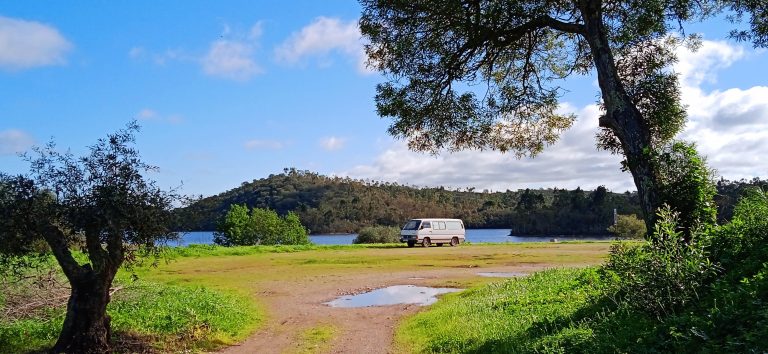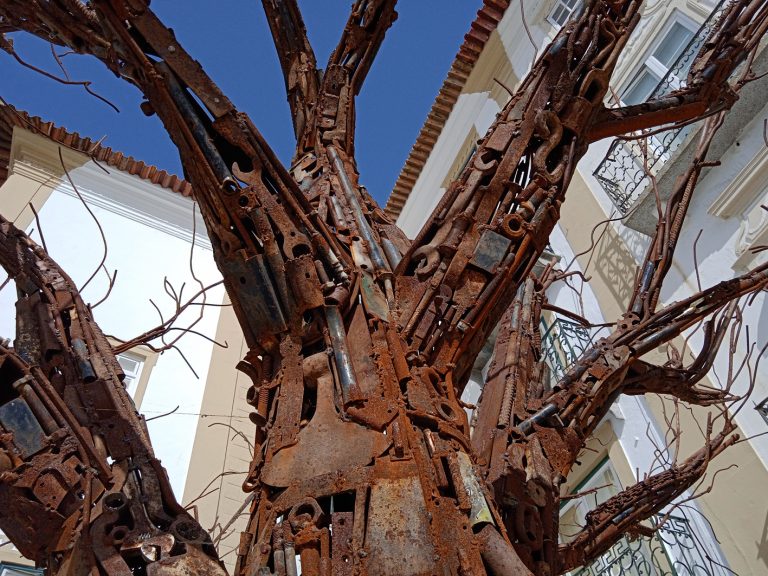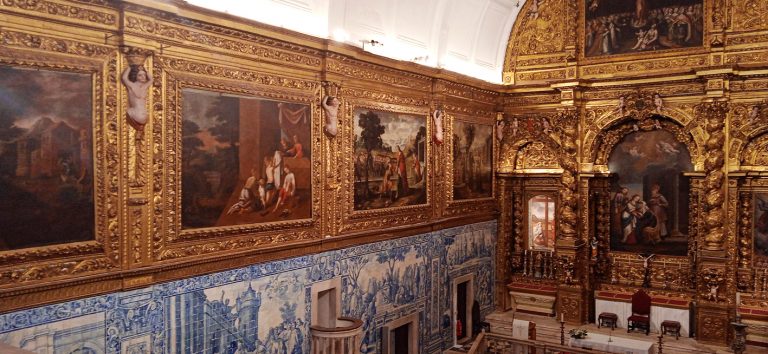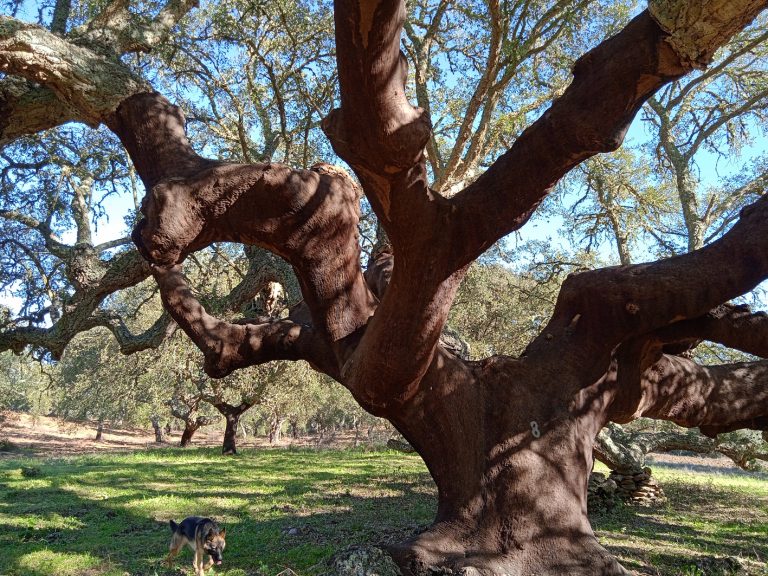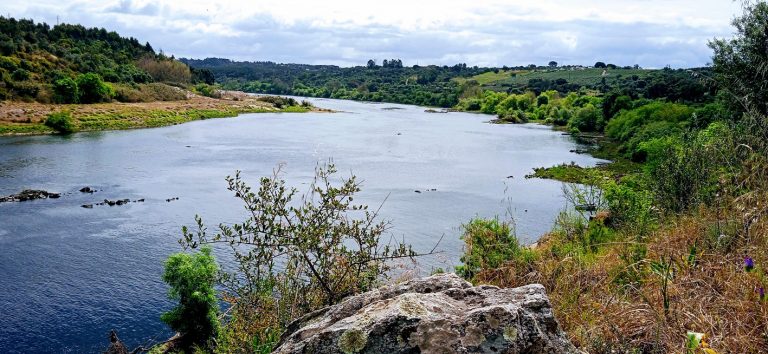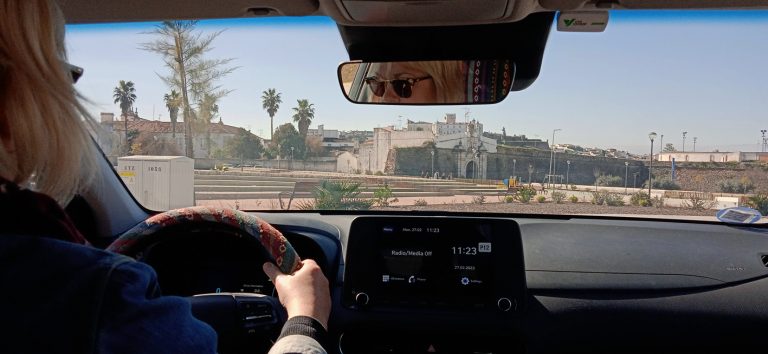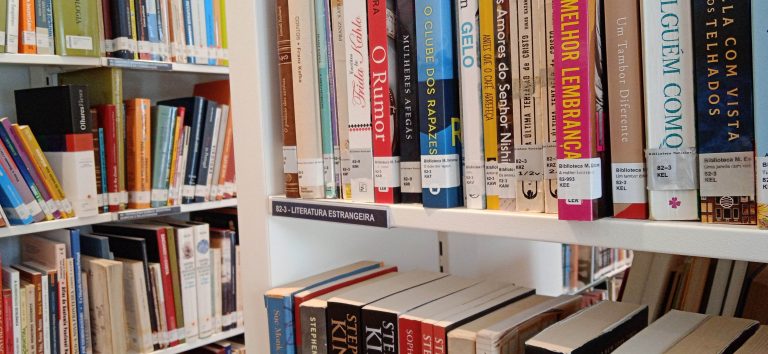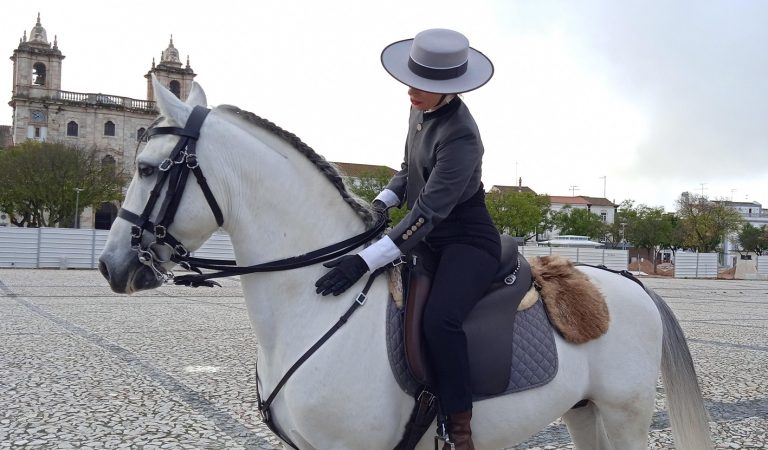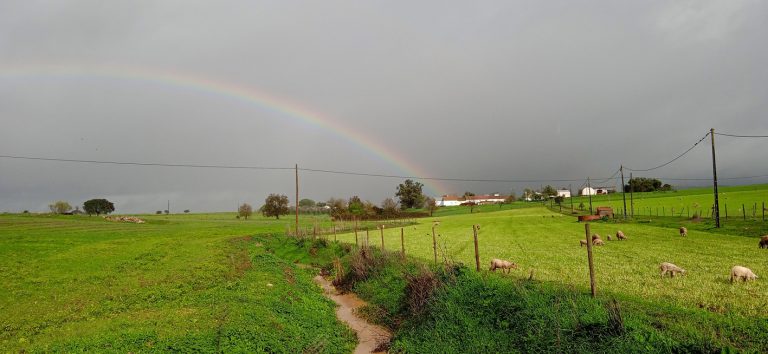We made the big decision to up sticks and move to Portugal in May 2019 – before Covid, before the war in Ukraine and before Brexit happened! There were both push and pull factors at play, but fundamentally we were not happy with the hedonistic lifestyle in Marbella, had recently started our relationship and therefore a new chapter in our lives, and I had lost one of my best friends who passed far too young. On the pull side, we were on a castle-viewing road-trip around central Portugal in our old ’71 WV bug and were really enjoying the towns, monuments, weather, people, food… So, over a bottle of Estremoz wine, we reached a point of re-evaluation and the thought of spending another 10-15 years working in an office (and garage) lead us both to make a major change.
In Limbo is a new photographic art exhibition being hosted at the Estremoz Municipal Museum during the summer months. Running through August until 10th September, and sponsored by Amnesty International, it showcases a series of photographs by Carmen Serejo, depicting humanitarian displacement and the refugee crisis across the world today, including in Syria, Ukraine, Afganistan and Mexico.
If you have ever wandered around Evora and spotted a rusty metalwork sculpture, chances are it’s a work from the hand of local artist, João Concha.
In 2027, Evora will become the European Capital of Culture and as you wander around its old town you can see just how much the city is preparing for this honour with lots of restoration work going on, and a tangible feeling of excitement in the air. One venue that has already been rehabilitated is the compact Museu da Misericórdia and church in Rua da Misericórdia.
Nowadays, we are all conscious of the harm being done to the environment and the need to change the way we both manufacture and consume. Moving to a more sustainable way of living that is in tune with nature means choosing cleaner, more natural alternatives to plastics—and here in the Alentejo, there is one right under our noses!
We’re always looking for short-drive destinations that are within 100km radius from Estremoz to get away for a few days in our self-built camper—and one of our favourite places to visit is the Rio Tejo (Tagus) that delineates the northern border of the Alentejo region in Portugal. Over the past few years several river beaches (praias fluviais) have been set up along the banks of the river,
So, I thought I was being clever, thought I would avoid undue paperwork…but in the end it just backfired on me—and I ended up having to resit the driving test!
When I lived in Cascais in the 1980s, I changed my UK driving licence to a Portuguese one. Since then, even when living outside the country, I made the decision to stick with my pink triptych ‘carta’ because it had a validity date of 2027.
Since arriving in the Alentejo town of Estremoz, work has been taking place on renovating a building to house the new public library. Located close to the Gadanha fountain, it was finished and opened to the public in July of last year – so we thought we would take a look…
The Romaria a Cavalo, or pilgrimage on horseback, takes place in Estremoz every year on 8th December, which is a national holiday in Portugal celebrating the Immaculate Conception.
A delight for any horse lover, the procession of riders and their animals leaves early in the morning from the main square in Estremoz en route to Vila Viçosa via Arcos and Borba, a trek of around 19 kilometres.
This week the Alentejo, just like most of the country, suffered some really unpleasant weather. We had received warning SMS messages from the authorities alerting us to the heavy rainfall and storms that were on their way, but we still didn’t feel too worried about the impending deluge. We prepared the vegetable garden with soak-away channels, made sure the drains and guttering were free of leaves and debris, got in lots of firewood and settled down for the evening.

